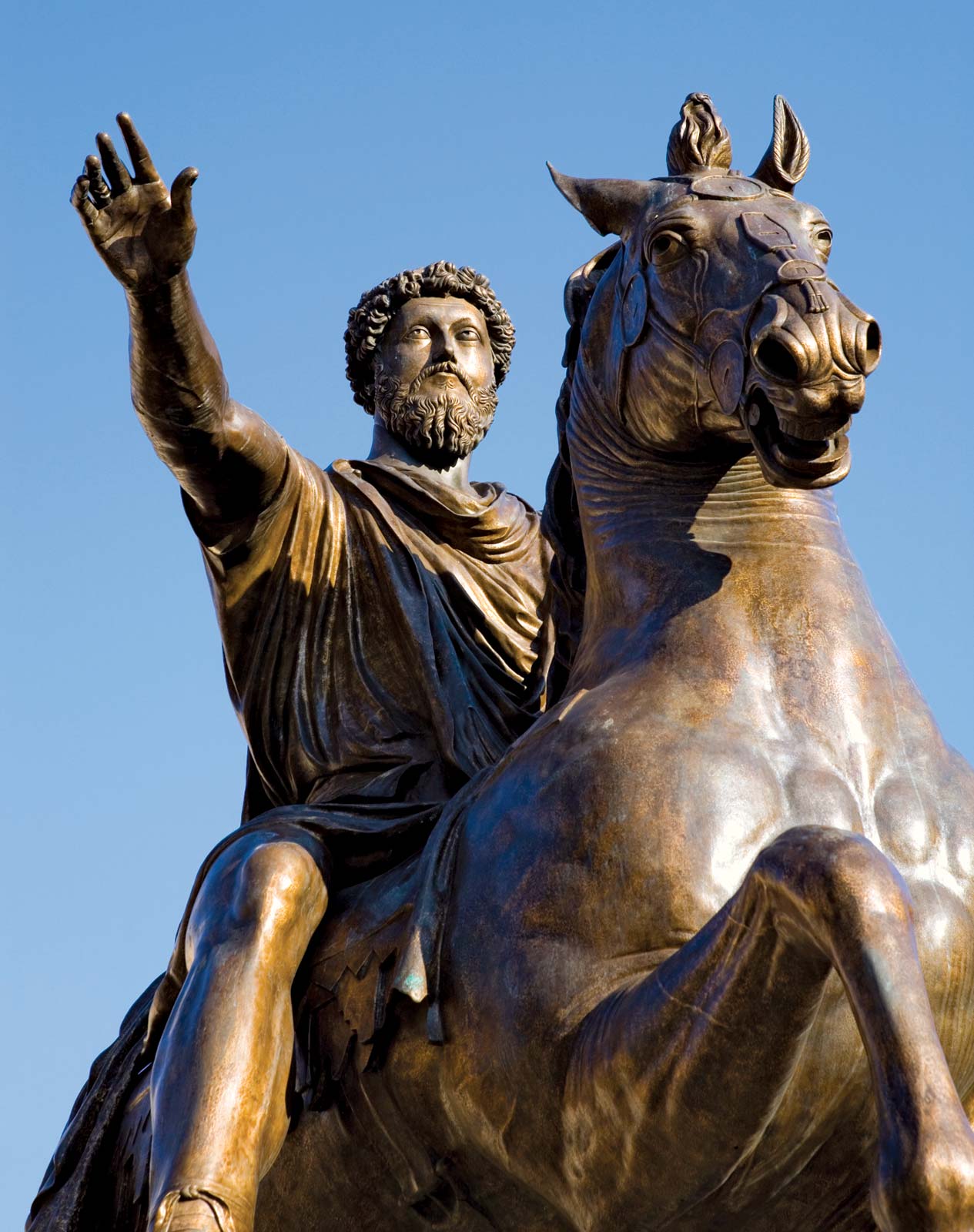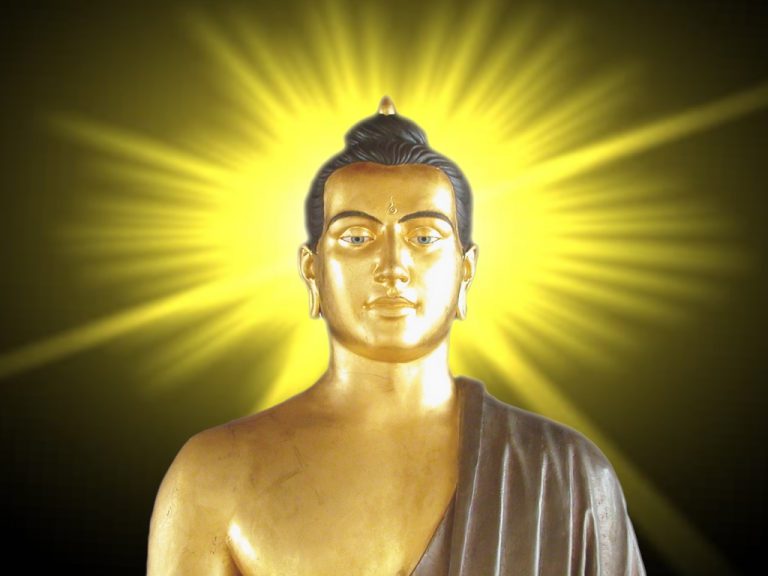
“I am made up of the casual and the material. Neither of these will disappear into nothing, just as neither came to be out of nothing. So every part of me will be assigned its changed place in some part of the universe, and so on to infinity” – Meditations, Book 5
Unlike emperor Caligula, who thought himself a living god, there is no delusion of grandeur with Marcus. Marcus Aurelius, the Roman emperor, states that he himself is material like the rocks, trees and common people. His insight shows an early understanding of the conservation of mass, a principle in Physics. He’s well aware of the break up of the body, the constituents that make up his flesh, may be broken down chemically come his death; but the chemical elements themselves that were responsible for his corporeal identity will have a new journey as becoming a part of something else like another living thing or anything else which those atoms can bond to chemically.
The ancient Atomists, namely the Democritean and Epicurean schools, as well as later materialists like the French materialists will know full well what Marcus is going on about with his statement; because they viewed the world as built up of atomic particles and no object was viewed as an indivisible. It’s not a stretch to infer that Marcus was well acquainted with Epicurean philosophy, particularly that of Lucretius, the famous Roman epicurean philosopher, who’s idiosyncratic philosophical pondering are here imitated by Marcus.
Should you be made up of atoms, then you’re entire being will be subject to the dictates of the ubiquitous laws of physics, just like everything else that is made up of matter. Nobody is an exception to this, only in the imagination and the fiction of marvel comic books and films can it be impotently thought otherwise. This is how the naturalist philosopher thinks.
Marcus does not feel separate to the universe, but instead feels that what makes up his body is eternal and ever undergoing change.

